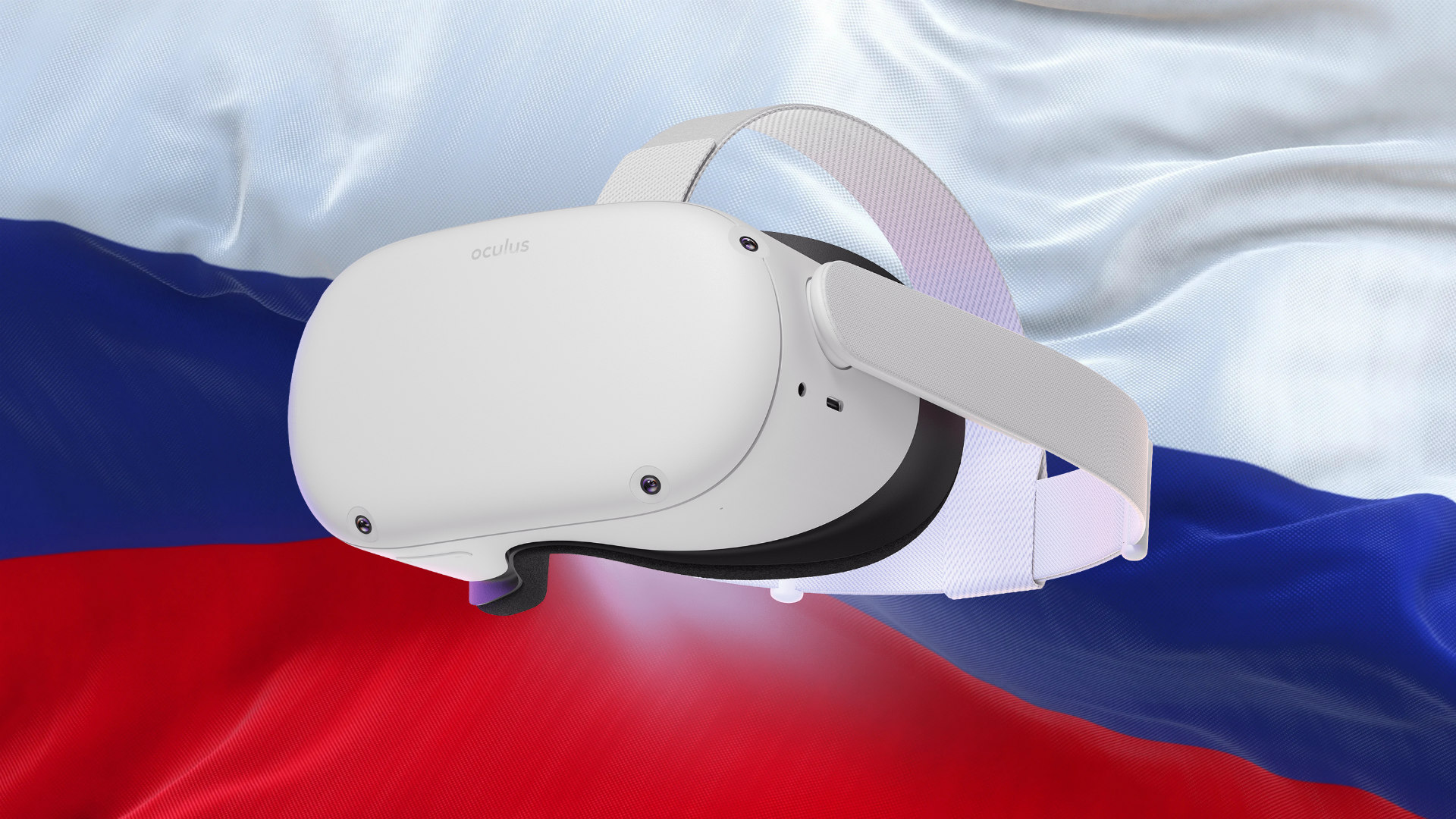Facebook and Instagram have been blocked in the Russian Federation, with both social media platforms now completely inaccessible to users in that country. Meta’s VR services haven’t been mentioned by name in the bans, although they’re also likely to become inaccessible as a side effect.
The ongoing invasion of Ukraine has caused a huge backlash from businesses around the world, which has resulted in a laundry list of consumer products and services pulling out of both Russia and its ally Belarus.
Last week Reuters revealed that Meta was taking a temporary stance on how it’s addressing hate speech on Facebook and Instagram. The report maintained that users in many of the former Eastern Bloc countries who called for violence against Russians and Russian soldiers in the context of the Ukraine invasion wouldn’t be considered a breach in terms of service. It was later clarified that only users in Ukraine would be exempt, and not the wider list of surrounding countries.
Now both Facebook and Instagram have been banned outright in Russia, with the country cutting those services off to some 70 million users in response to Meta’s now fairly obvious stance on just who it supports in the conflict. Meta messaging app WhatsApp hasn’t been specifically included in the ban, although that has the distinct possibility of changing fairly soon.
The Russian government opened a criminal probe last week against Meta in hopes of classifying it as an “extremist organization,” which Business Insider reports may see a complete prohibition of its activities in Russia. It’s a growing and frankly nebulous designation levied by Russia on organizations such as al-Qaida… but also Jehovah’s Witnesses, so it’s not certain what effect it will have on users who try to bypass bans by using Meta’s services through virtual private networks (VPNs).
Unsupported, Unwanted Business
Countries not included in Meta’s list of supported regions can’t buy VR headsets directly from Meta, although residents can import hardware from elsewhere and access the digital side of the platform without issue; supported regions include Australia, Austria, Belgium, Canada, Denmark, Finland, France, Iceland, Ireland, Italy, Japan, Netherlands, New Zealand, Norway, Poland, South Korea, Spain, Sweden, Switzerland, Taiwan, United Kingdom and the United States.
Still, over the years getting a Quest or Rift in Russia wasn’t like buying one in Germany or Mexico (both unsupported regions), where you can simply login to Amazon and purchase with one click. In Russia, importing things from outside—especially European countries—has been notoriously difficult and costly, making a $300 Quest 2 significantly more expensive whether you decide to import or buy through a local reseller.

Russian Quests and Rifts aren’t expensive paper weights just yet though, although it looks like it’s moving in that direction. Since March 2nd, Russian banks have been banned from SWIFT transactions, the leading payment system for international bank transfers, and Russian-issued Visa and Mastercard have also become useless outside of the country.
Effectively all digital sales for services such as the Quest Store, Steam, Epic, etc., are now dead as a result, meaning Russian users can’t buy games online.
Quest Gets Caught in the Dragnet
Russia’s version of the FCC, Roskomnadzor, has the power to ban or slow down any service it deems inappropriate. Last year the agency announced it was reducing the loading speed of Twitter in response in response to the website hosting “illegal images,” bringing the service to a crawl for its users. Hitting the F5 button resulted in multiple minute-long waits to refresh your feed, something which ultimately was designed to stymy the user’s ability to view and share video and images. The year-long slowdown is over though. Twitter is also now blocked.
And then the agency targeted Facebook and Instagram, which got on the blacklist when Roskomnadzor said those services were allowing for “calls for violence against Russians.” At the same time, Quest users weren’t able to login since some ISPs in that country seemed to have enacted their own interpretations of the ban. At this point, Quest users in Russia aren’t certain whether it’s intentional or accidental.

Speaking to Russia-based VR users, we learned that Roskomnadzor doesn’t appear to have the same degree of control over service providers as China does with its ‘Great Firewall’—not yet anyhow. For now it appears some Russian ISPs are being more heavy-handed than others when it comes to blocking peripheral services. Blocking web services not explicitly mentioned in bans could be anticipatory, overzealous, inaccurate—or some combination of the three.
Back in 2018, Roskomnadzor moved to block messaging app Telegram, which resulted in a host of unrelated web services, such as PlayStation Network, being inaccessible to users. It was a decidedly indelicate way of shutting down Telegram in Russia, so it’s possible Russians may be experiencing a similar situation, albeit on a much larger scale now.
For Russia-based users, the first and most obvious workaround to accessing any of the blocked services mentioned above is setting up a VPN, but it’s still too early to tell if that’s an enduring strategy. Meta may soon be considered an “extremist organization” by the Russian government, and interacting with its services surreptitiously may be even be considered a criminal act. And that would probably go for Quest users and developers alike.
,
